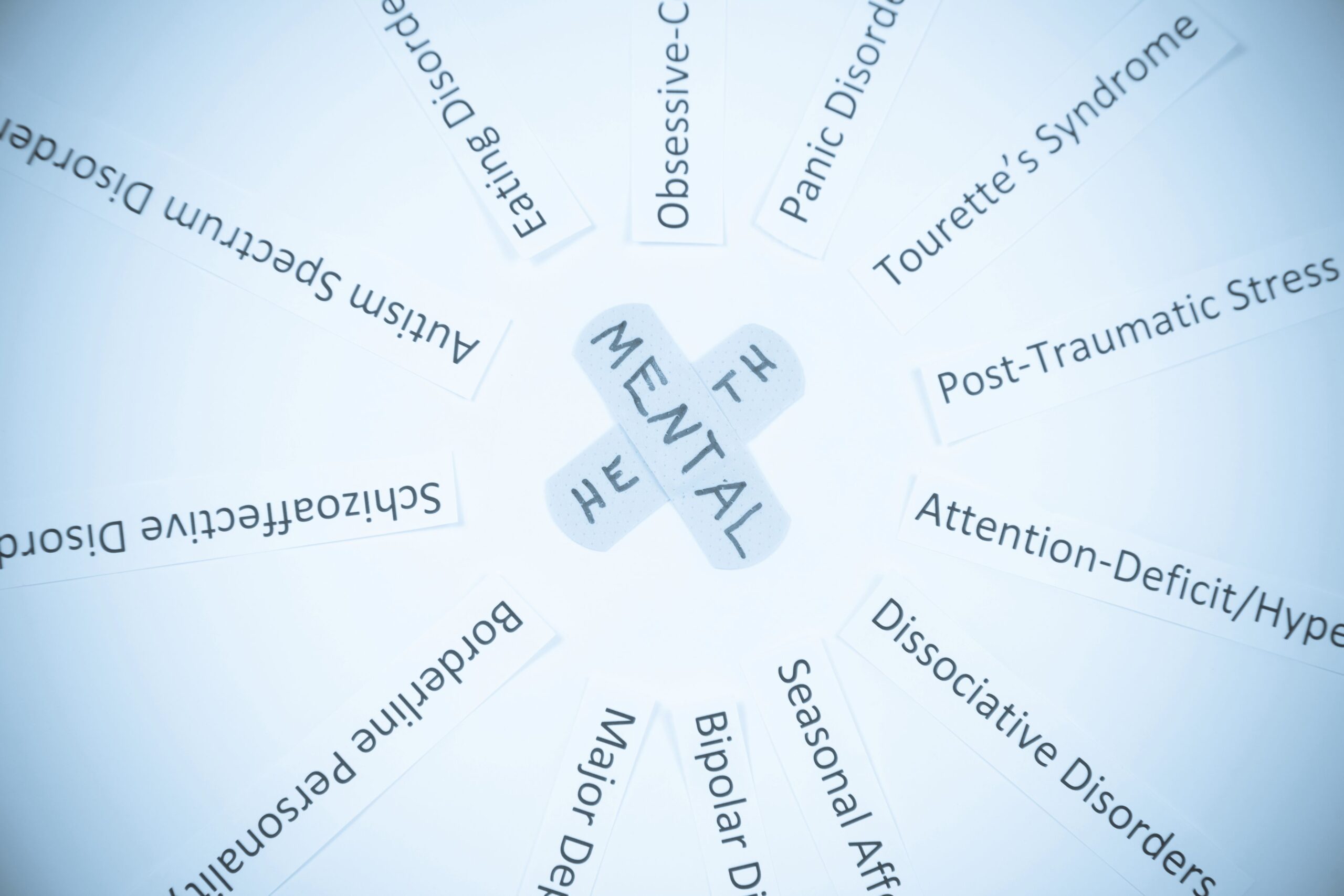HEALTH
Common Mental Health Disorders

Mental Health Disorders
Do you have negative thoughts and feel low sometimes? You could be suffering from a mental health disorder that impacts your emotions and psychological and social well-being. Mental health disorders affect how you think, feel, act, deal with stress, interact with others, and make decisions. Mental health care is crucial at all stages of life, including childhood, adolescence, and adulthood. A San Pedro mental health doctor can diagnose, treat and prevent mental health disorders. These are common mental health disorders and how to deal with them.
Anxiety Disorders
Anxiety happens when you experience a traumatic experience as it is the brain’s way of coping with stress and warning of danger. It is normal to get anxious in stressful situations but the anxiety disorder results in constant uncontrollable worry and fear. Anxiety disorder is alienating as it makes it challenging to engage with other people.
· Symptoms of Anxiety disorders
Anxiety causes sleep problems as you would be worried, making it difficult to concentrate during the day. You might breathe faster and more quickly than everyday experience a shortness of breath. You may feel pain, danger, and doom and start thinking about a problem repeatedly.
Mood disorder
Mood disorder affects your emotional state by altering emotions based on your circumstances; it affects your capacity to operate. You may feel depressed, empty, or irritated, or you may experience episodes of depression followed by intervals of intense happiness. Bipolar and cyclothymic disorders are common mood disorders.
· Symptoms of mood disorder
You may have suicidal thoughts and have alcohol and drug addiction. Your emotions may interfere with your work, relationships, social activities, or other parts of your life. You may feel positive towards life during the high moments and feel doomed when experiencing low moments. Your therapist will help you navigate the changing moods leading to a fulfilling life.
Post-traumatic stress disorder (PTSD)
Post-traumatic stress disorder (PTSD) affects most people after going through a stressful, frightening, or hazardous incident. Fear is a common reflex designed to keep a person safe, but it results in PTSD if it is persistent. After a traumatic event, nearly everyone will have a variety of reactions, but most individuals will heal. Even if not in danger, people with PTSD may feel stressed or afraid. You may need therapy to overcome PTSD as your therapist can develop elaborate tactics to overcome the fear.
• Symptoms of PTSD
You might experience disturbing thoughts resulting in recurrent nightmares and dreams. You may start Avoiding places, activities, or people who bring up memories of the painful incident. You will lack enthusiasm for activities you used to like
Common Causes of mental illness
Childhood abuse can scar a person leading to mental disorders; loneliness can impact a person’s mental health. Discrimination and stigma might lead to mental issues; moreover, long-term physical health conditions contribute to mental disorders. Losing someone close to you might trigger mental issues.
It’s essential to take care of yourself and get the most from life; keep active, and eat well as self-care reduces mental health issues. However, you should seek therapy to deal with anxiety, mood disorders, PTSD, and other mental health issues.
Sebastian was born and raised in the busy city of Abbottabad. As a journalist, Saad Mushtaq has contributed to many online publications including the PAK Today and the Huffing Post. In regards to academics, Saad Mushtaq earned a degree in business from the Abbottabad UST, Havelian. Saad Mushtaq follows the money and covers all aspects of emerging tech here at The Hear Up.Thanks










